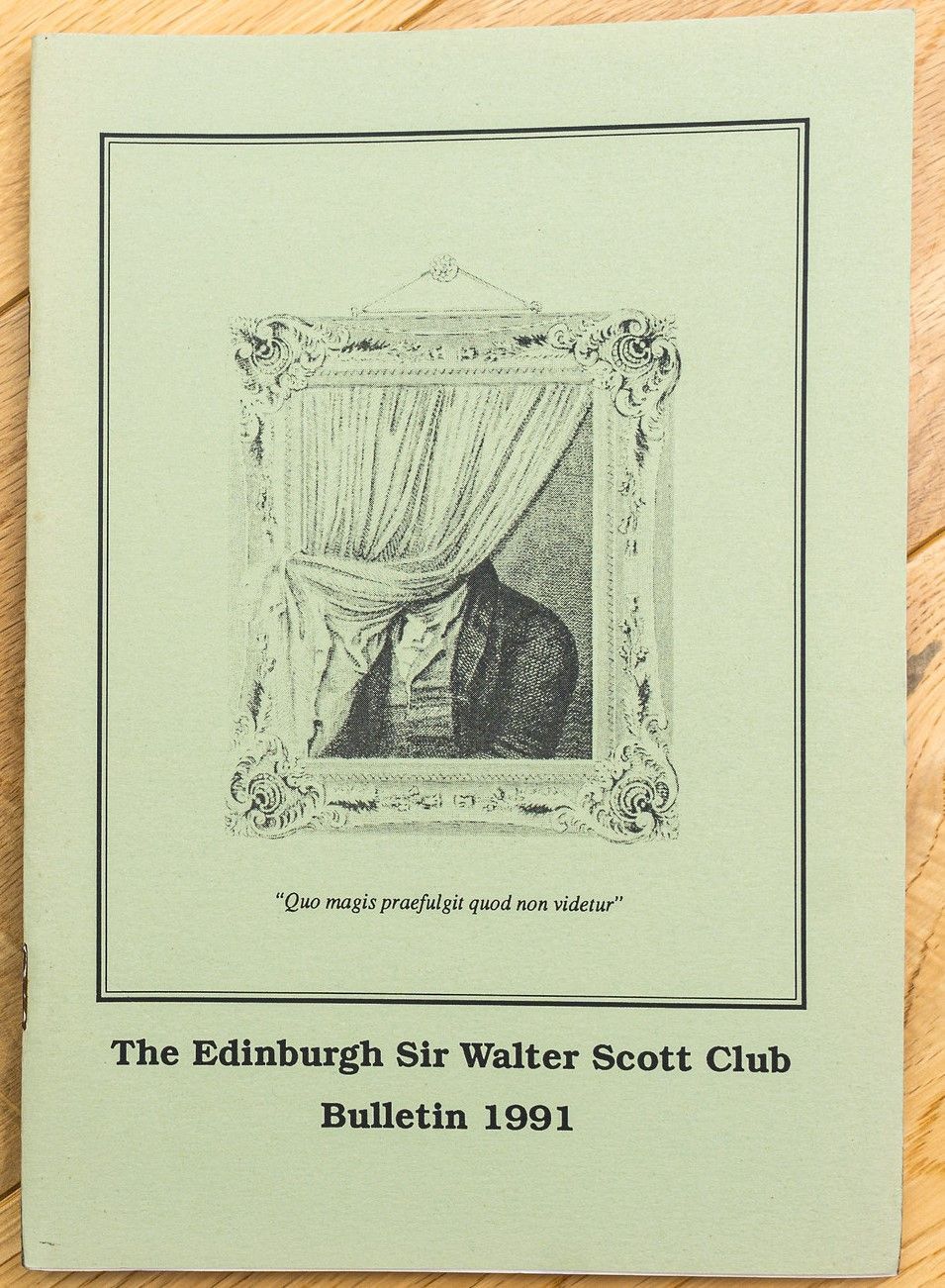

Waverley and Jacobite Mythology
Professor Claire Lamont
Tuesday 7th May 1991
Listen to the talk below:
Download the [Transcript] or Read the [Bulletin]
Summary of the Talk:
Claire's lecture explores the ways in which the Jacobite myth is intertwined with Sir Walter Scott's novel Waverley. Lamont connects the novel's themes to broader concepts of mythology, focusing on how myths—both ancient and modern—shape our understanding of historical events.
- Jacobite Mythology in Waverley: Lamont begins by referencing Mircea Eliade's theory of how myths persist in modern literature. The Jacobite myth, she argues, can be understood as a "paradigmatic story" rather than a mere historical narrative. Scott's novel uses this myth to explore themes of legitimacy, loyalty, and restoration, particularly regarding the Jacobite risings and Prince Charles Edward Stuart.
- The Jacobite 'True Prince': In Waverley, Prince Charles is presented as the rightful monarch, embodying the myth of the "true king" who was dispossessed of his throne. This myth becomes central to the plot, where Charles, despite initial successes, is ultimately defeated, but survives—symbolizing the idea that legitimacy, though temporarily defeated, is not dead.
- Mythic Elements of the '45': Lamont outlines the mythological structure of the Jacobite rising of 1745 as represented in Waverley: a brave prince leads a campaign for his rightful throne, faces defeat, and escapes, with his followers continuing to support him through symbols and rituals, like the White Rose.
- Themes of Bravery vs. Prudence: A significant theme in the novel is the tension between bravery and prudence. Charles Edward Stuart is portrayed as the "brave" prince, contrasting with more pragmatic figures like the Duke of Cumberland. Waverley's own journey parallels this, as he moves from romantic notions of bravery to a more practical understanding of the consequences of war.
- Defeat and Escape: While the Jacobites are defeated at Culloden, Lamont notes that the novel avoids the popular narrative of Charles's dramatic escape. The focus is instead on the larger themes of loss, endurance, and the lingering hope of return—echoing the concept of a "once and future king."
- Feminine Loyalty and the Absence of Female Heroes: Lamont discusses the limited representation of women in the Jacobite myth. In Waverley, women like Flora Mac-Ivor embody loyalty, but they are also portrayed as somewhat distant or removed from the narrative of active rebellion. Flora’s fate is that of retreat rather than victory, underscoring the gendered dimensions of the Jacobite struggle.
- The Myth of Highland Scotland: Ultimately, Lamont argues, Waverley transcends Jacobitism to focus on the myth of Highland Scotland itself. The romanticized image of the Highlands as a place of loyalty and honour is crafted through symbols like the tartan and Gaelic language, though Scott’s novel recognizes the destruction of Highland culture after the rebellion.
Interesting Points:
- Myth vs. History: Lamont emphasizes the tension between myth and historical fact in Waverley. While the novel is grounded in historical events, the mythological narrative structure creates a deeper, timeless resonance, especially in its portrayal of Prince Charles and the Jacobite cause.
- The Role of Flora Mac-Ivor: Flora’s character, representing loyalty to the "true king," is central to understanding the emotional and ideological heart of the Jacobite myth. Her tragic fate—exile to a convent—highlights the personal costs of political loyalty and the absence of a future for the Jacobite cause.
- Modern Implications: Lamont draws parallels between the Jacobite myth and modern political struggles, especially in post-colonial literature. The idea of a once-powerful group fighting for return resonates beyond the specific historical context of the Jacobites, providing insight into enduring themes of resistance and legitimacy.
- The Myth of Return: The notion of a "return" rather than a restoration is significant. The myth of the "once and future king," as seen with figures like Arthur or Frederick Barbarossa, is echoed in the hopes of the Jacobites, particularly the idea that Charles might one day return to claim the throne.
Overall, the lecture provides a deep and nuanced reading of Waverley through the lens of Jacobite mythology, demonstrating how Scott blends historical events with the timeless themes of loyalty, legitimacy, and myth.

